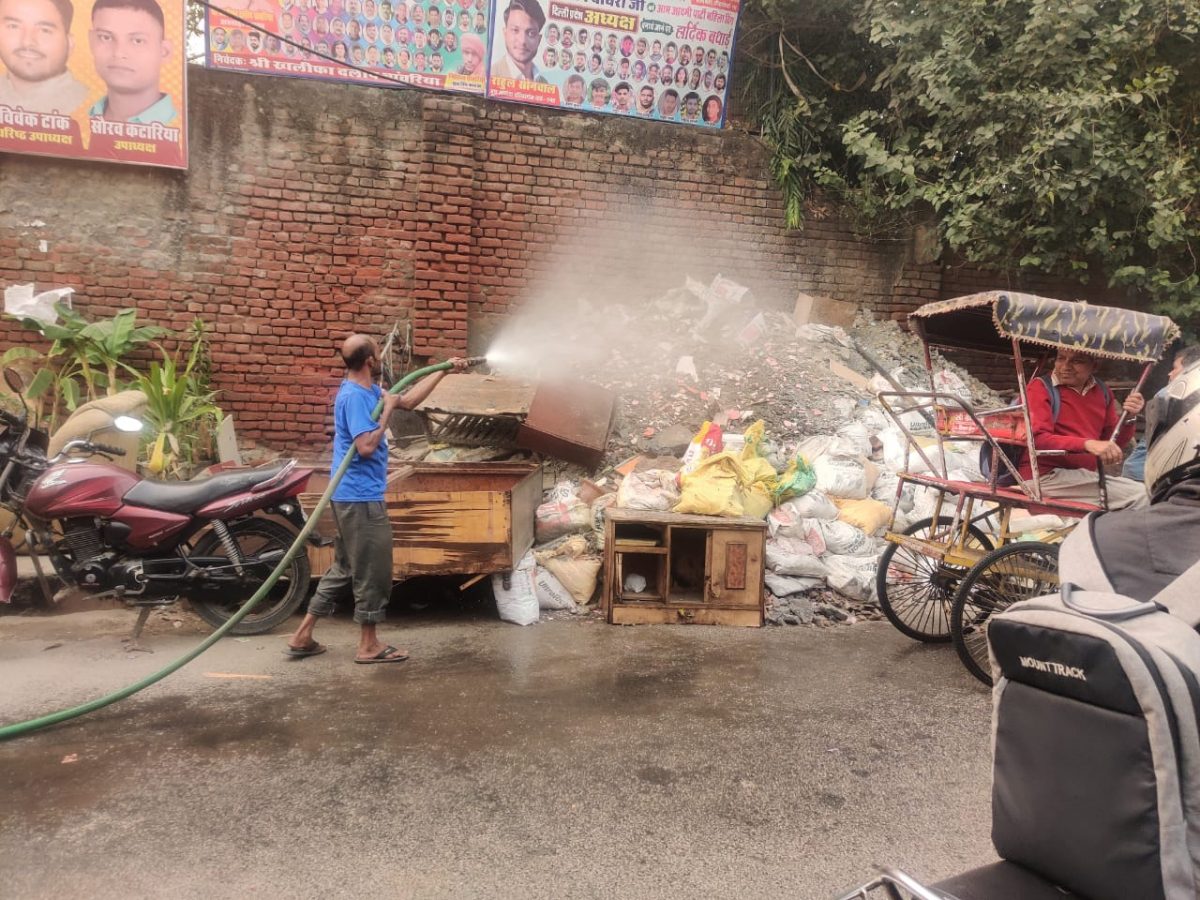In a significant step to curb dust pollution, the Delhi government will install mist sprayers and water sprinklers on electric poles along roads and central verges in 13 high-pollution hotspots across the city.
Environment Minister Manjinder Singh Sirsa announced the initiative on Monday, directing infrastructure and civic agencies to deploy mechanical water sprinklers and anti-smog guns, particularly in areas most affected by dust.
“This is not about announcements — it’s about visible action,” Sirsa said. “Agencies will be held directly accountable for implementing on-ground dust suppression measures.”
The initiative is part of the Delhi government’s enforcement of the Graded Response Action Plan (GRAP), following inputs from the Delhi Pollution Control Committee and the Commission for Air Quality Management (CAQM). Sirsa noted that earlier pilot projects by the Delhi Development Authority (DDA) and New Delhi Municipal Council (NDMC) had delivered encouraging results.
“Electric poles along central verges offer a convenient and stable structure for installing these systems without needing new infrastructure,” he explained.
The Environment Department has set technical guidelines for the mist sprayers, which will emit 50–100 micron water jets at a pressure of 0.45–0.65 MPa to target PM2.5 and PM10 particles — key contributors to air pollution — at their source.
Agencies have been tasked with ensuring cleaner roads, intersections, and central verges through routine mist spraying and mechanised sweeping. Each agency will appoint pollution control officers responsible for monitoring daily operations and submitting progress reports. The Environment Department will also conduct surprise inspections to ensure compliance.
“This marks a shift from policy drafting to daily enforcement,” Sirsa stressed, reaffirming the government’s commitment to safeguarding public health and improving air quality through coordinated action across departments.





